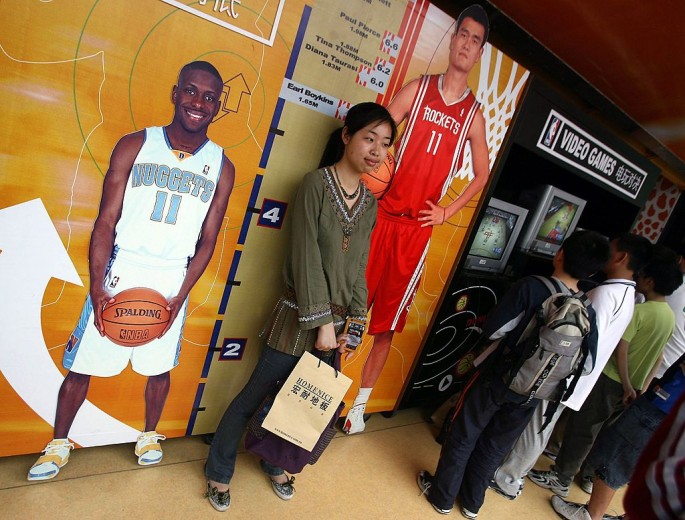The number of Chinese teens flying to America to finish their studies is increasing, according to an article by China Daily. For these crop of teenagers, an American education gives them an edge when it comes to finding a job back in China.
Zhou Haihun, a 17-year-old teen from Sichuan Province, is one of the Chinese teenagers who found themselves boarding a plane to the other side of the world.
"That's what everybody does," Zhou said in an interview with China Daily. "My father's friends all sent their kids abroad, so that was the trend."
Experts warn, however, that the pursuit of the American dream can turn into a nightmare in a snap of a finger. Called "parachute kids," these teenagers live in a country far away with minimal parental supervision and may end up in trouble.
"It's a huge industry," said Joaquin Lim, who owns a company that aids Chinese students to get admitted in American schools. "The last figure I read put it at $25 billion."
There are about one million international students enrolled in public and private schools in the United States between 2014 and 2015, approximately 304,000 of which were from China, according to Institute of International Education, an organization based in Washington.
Most of the parachute kids are aged 14 to 19 and usually end up in Southern California. Since the U.S. government has imposed limits on the number of foreign exchange students in public schools, majority of the kids are enrolled in Catholic or Christian schools.
Aside from the academic advantage, parachute kids like Zhou also enjoy the freedom not usually accustomed to them if they're studying back in China.
"You have a lot of choices and much more freedom to study what you're interested in," shared 19-year-old Li Junheng, who is graduating from a Catholic school in Murietta, a small community roughly 130 kilometers from Los Angeles.
Parachute kids, however, have to go through a confusing cultural transition phase before fully adopting to their new surroundings, fuelling parents' doubts of sending their kids via intermediaries.
"You don't send your child 6,000 miles before verifying the school and who they are staying with," said Lim. "Too often, these kids are thrown into a completely foreign environment and are not prepared to fend for themselves."




























